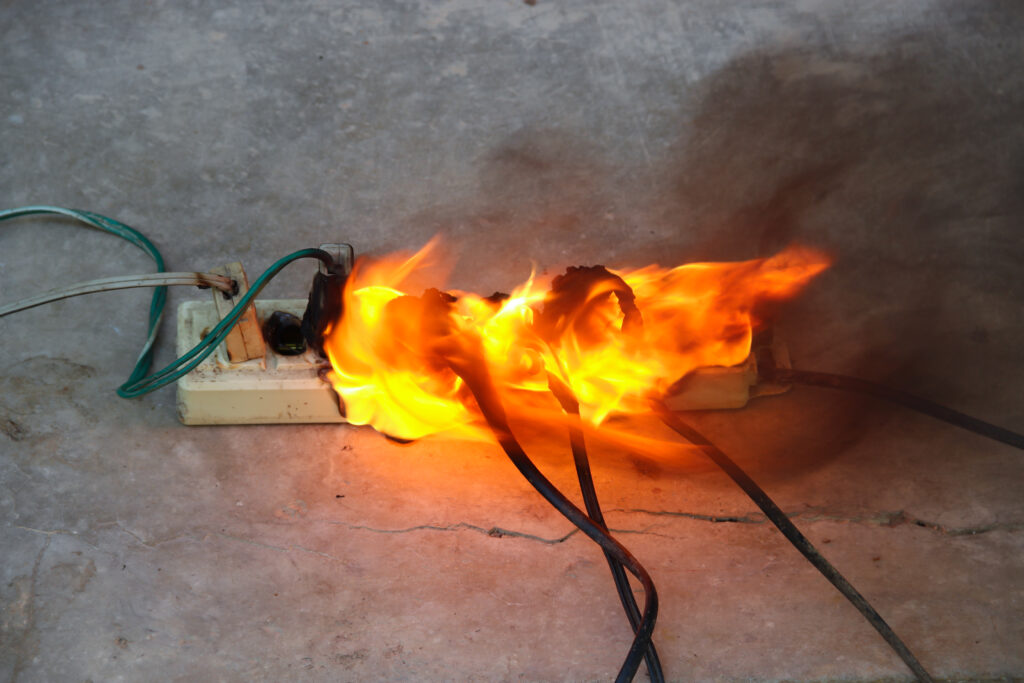At Biren Law Group, we understand that injuries caused by defective products can have devastating consequences, regardless of how you acquired the item. A common question we hear is: Can I sue for an injury caused by a dangerous or defective product if I bought it secondhand? The answer is often yes, but the specifics depend on several legal factors. In this article, we’ll break down your rights, the legal principles involved, and how our experienced attorneys can help you seek justice.
Understanding Product Liability and Recalled Products
Product liability law holds manufacturers, distributors, and sellers accountable for injuries caused by defective or dangerous products. A product recall typically occurs when a manufacturer or the Consumer Product Safety Commission (CPSC) identifies a safety issue, such as a design flaw, manufacturing defect, or inadequate warnings, that could harm consumers.
If you were injured by a recalled product, you may have grounds for a lawsuit based on:
- Strict Liability: You don’t need to prove negligence; only that the product was defective and caused your injury.
- Negligence: The manufacturer or seller failed to exercise reasonable care, such as not warning consumers about known risks.
- Breach of Warranty: The product didn’t meet implied or express safety guarantees.
The key question for secondhand purchases is whether your status as a non-original buyer affects your ability to pursue a claim.
Does Buying Secondhand Affect My Right to Sue?
In most cases, buying a product secondhand does not bar you from suing for injuries caused by a recalled product. Product liability laws are designed to protect all users of a product, not just the original purchaser. This means that whether you bought the item from a retailer, a thrift store, an online marketplace, or received it as a gift, you may still have a valid claim if the product was defective and caused harm.
However, there are important considerations:
- Chain of Distribution: In product liability cases, claims are typically filed against entities in the product’s chain of distribution, such as the manufacturer, distributor, or retailer. If you bought the product secondhand, the original retailer may no longer be liable, but the manufacturer often remains responsible for defects present at the time of production.
- Notice of Recall: If the product was recalled before your injury, the manufacturer may argue that you should have been aware of the recall and stopped using the item. However, this defense is less effective if the recall wasn’t widely publicized or if you had no reasonable way to know about it. Manufacturers have a duty to notify consumers effectively, and failure to do so can strengthen your case.
- Proving the Defect: You’ll need to demonstrate that the product’s defect caused your injury. This can be more challenging with secondhand products, as the item’s condition may have changed since its original sale. An experienced attorney can help gather evidence, such as product records, recall notices, and expert testimony, to establish the defect.
- Statute of Limitations: Every state has a deadline for filing product liability lawsuits, typically ranging from two to four years from the date of injury. Buying secondhand doesn’t change this timeline, but delays in discovering the defect or recall could affect your case. Consulting an attorney promptly is critical to preserving your rights.
Special Considerations for Secondhand Purchases
When pursuing a claim for a recalled product bought secondhand, certain factors can complicate your case:
- Online Marketplaces and Private Sellers: If you purchased the item through a platform like eBay, Craigslist, or Facebook Marketplace, the private seller is unlikely to be liable unless they knew about the defect and failed to disclose it. However, the manufacturer remains a primary target for liability. Some online platforms may also face scrutiny if they knowingly allowed the sale of recalled products.
- Used Goods Sellers: If you bought the product from a thrift store or used goods retailer, they may claim exemption from liability under “as-is” sale laws. However, this doesn’t absolve the manufacturer, and in some cases, commercial sellers of used goods can still be held accountable if they failed to check for recalls.
- Modifications or Misuse: The manufacturer may argue that the product was altered or misused after its original sale, causing the injury. Your attorney will need to counter this by showing that the defect existed at the time of manufacture and was the direct cause of your harm.
Steps to Take If You’re Injured by a Recalled Product
If you’ve been injured by a recalled product, whether purchased new or secondhand, taking these steps can strengthen your case:
- Preserve the Product: Keep the product in its current condition as evidence. Avoid repairing or discarding it.
- Document Your Injury: Seek medical attention immediately and keep records of your treatment, expenses, and how the injury has impacted your life.
- Check for Additional Updates: Visit the CPSC website to confirm if the product was recalled and to discover if any new information is available. Save any recall notices or related documentation.
- Gather Purchase Details: Even if you bought the item secondhand, collect any receipts, listings, or communications related to the purchase.
- Contact an Attorney: Product liability cases are complex, especially with secondhand goods. An experienced attorney can evaluate your case, identify liable parties, and navigate legal challenges to maximize your compensation.
Why Choose Biren Law Group?
At Biren Law Group, our dedicated product liability attorneys have decades of experience helping injury victims secure justice. We understand the nuances of cases involving recalled products and secondhand purchases.
Our team will:
- Investigate the product’s defect and recall history.
- Work with experts to prove the defect caused your injury.
- Aggressively pursue compensation for medical bills, lost wages, pain and suffering, and more.
- Handle all legal complexities so you can focus on recovery.
We offer free consultations and work on a contingency fee basis, meaning you pay nothing unless we win your case.
Contact Biren Law Group today for a free consultation. Call us at (888) 401-7141 or contact us online to schedule an appointment. Let us help you navigate your claim and secure the justice you’re entitled to.

